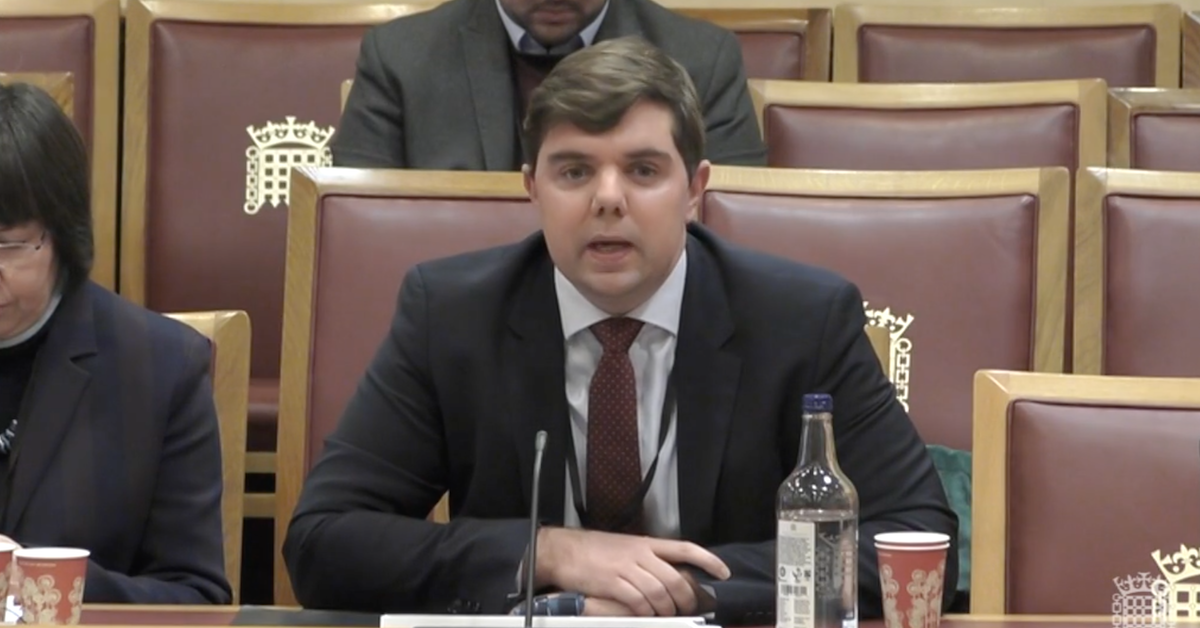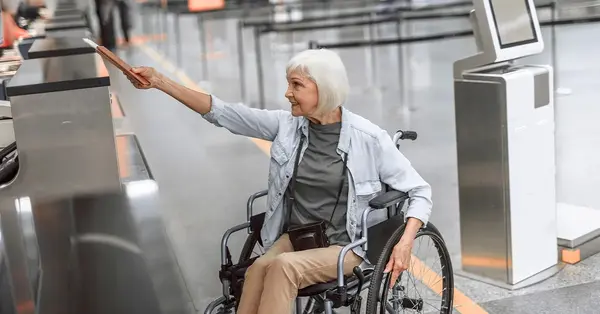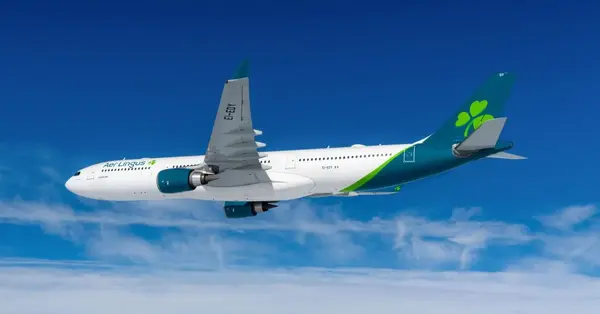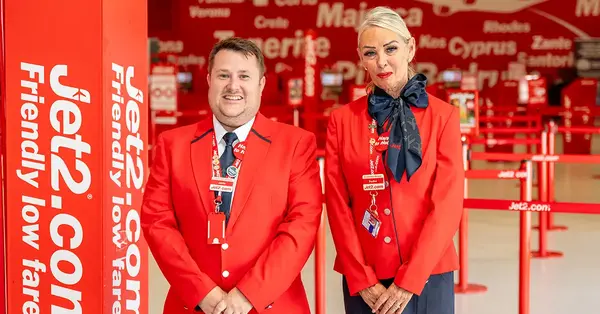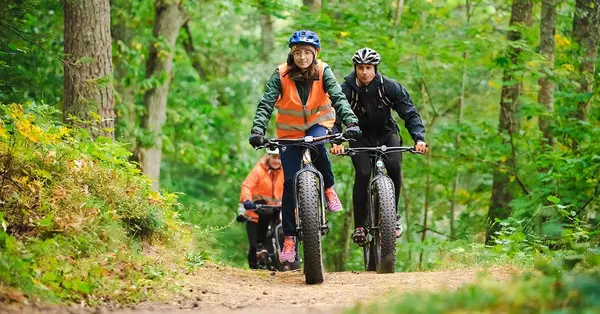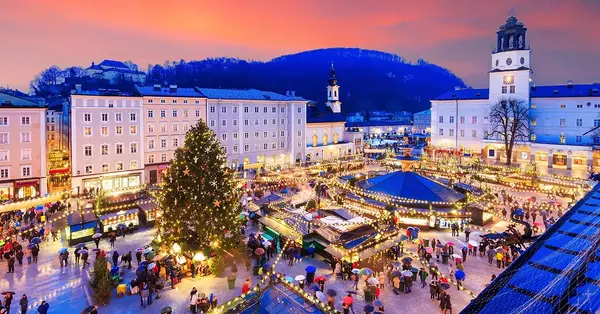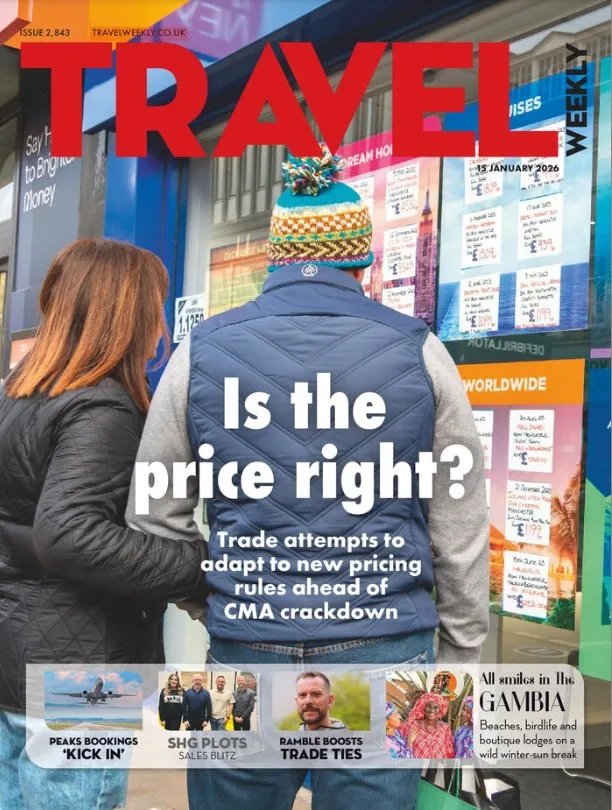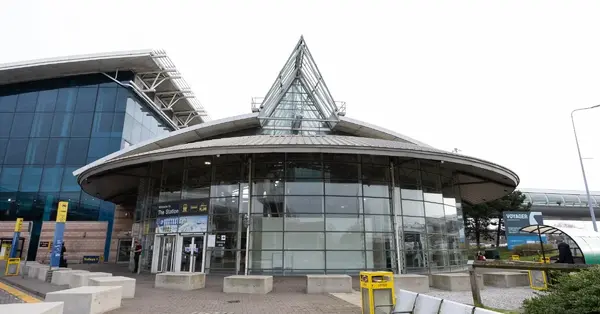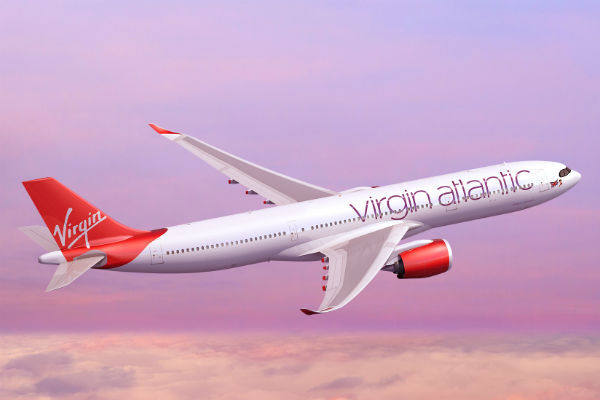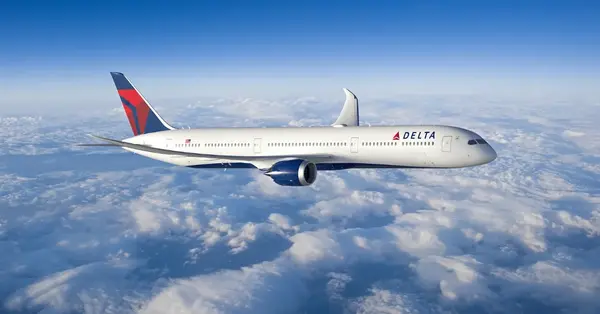You are viewing 1 of your 2 free articles
Abta warns of ‘widespread concern’ about EU biometric entry system
There is “widespread concern” across the UK travel industry about the European Union’s new biometric Entry/Exit system which comes into force next May, according to Abta.
The association’s director of public affairs, Luke Petherbridge, said UK nationals will have to spend “several minutes” when they first arrive after the scheme starts to provide their biometric data, instead of the 30 seconds it currently takes to pass through the border.
“That is going to slow the process of moving passengers,” he told the House of Lords’ European affairs select committee on Tuesday (December 13).
“It will dramatically increase processing time for UK tourists.”
He said the problem will be particularly acute at certain ports, such as Dover, which have less space to accommodate travellers than airports.
More: Port of Dover chief issues warning over potential delays next summer
Part of strict new EU entry rules delayed
Also, the system will enable EU authorities to see automatically if UK nationals are breaching the rule that they can only spend 90 days in the bloc in every 180-day period.
This might mean more travellers will be turned away, such as those who have second homes in the EU, he warned.
The issue of the new border checks is just one of many “additional hassles and hurdles” he highlighted during the committee session, which was looking at the issue of mobility between the UK and EU following Brexit.
He said members face “huge operational challenges”, particularly with employing UK staff in the EU, such as chalet hosts, ski guides and travel reps, as they no longer have freedom of movement.
“There is an additional cost and a lot of red tape for business,” said Petherbridge.
He said the typical tourism season is about six months, so 90 days are not enough for British staff to stay in a destination.
There are also issues around the mutual recognition of qualifications, which limits the roles for UK nationals, and ‘cabotage’ rules that limit the activities of coach operators.
He pointed out that France requires tour guides to be EU nationals while Malta does not recognise UK tour guide qualifications.
An Abta survey with the Seasonal Businesses In Travel group found there had been a 30% decline number of UK nationals working in tourism roles in the European Union in the years after the referendum – and the number is likely to have fallen further since that survey, Petherbridge added.
Even in France, which has a visa system for UK workers, there has been a 75% decline in the number of UK nationals working in tourism.
He said UK ski operators have to go through a five-phase process to recruit UK workers for French resorts.
It includes identity and medical checks both in the UK and France – such as chest X-rays for tuberculosis – and takes at least eight to 12 weeks minimum.
“It is fundamentally very, very difficult and an operational challenge – and that is with a country that has a visa regime,” he told the committee.
He said the government should look at developing the Youth Mobility Scheme, which allows young people to work overseas.
“It is already there on the shelf,” he said. “This baffles me, frankly, that we’re not looking at this. We seem to have a very passive approach; we need the government batting for important UK industries.”
He also pointed out that hurdles facing young people working in tourism roles in Europe could block talent developing in the sector.
“If you look at the travel industry, many business leaders started as travel reps and ski guides,” he said.
“We have blocked that ability for young UK nationals to do that. It seems to me to be deeply regrettable.”
Asked about problems associated with Covid, he told the committee: “A lot of the challenges we have discussed today are not Covid.
“It isn’t Covid that has created the 90-day-in-180-days rule for UK nationals.
“It isn’t Covid that has created the costs associated with obtaining visas and work permits to work in the European Union.
“It isn’t Covid that is blocking off the route for UK nationals to enter industries like travel as they have done for many decades.
“That is very, very clearly Brexit.”

